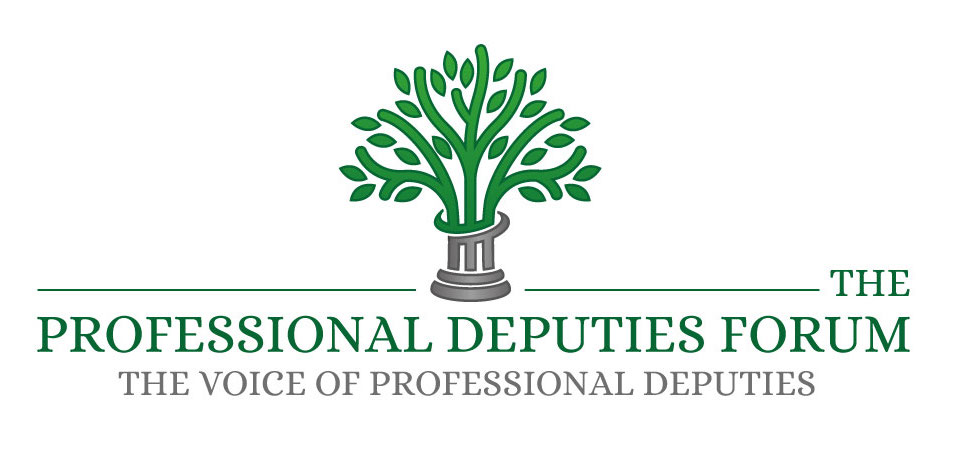Vulnerability comes in many forms and is rapidly growing in our society. Thankfully people’s vulnerabilities are far more freely spoken about. There was a time when there was stigma attached to admitting to having any form of vulnerability. As a society, we are growing up and are accustomed to hearing about people’s vulnerability pretty much daily. The media have played their part in bringing daily coverage of celebrities that are freely disclosing various vulnerabilities and it is encouraging to see that this openness has had a positive change in how vulnerability is being addressed and how vulnerable people are being treated. It is definitely a step change in the right direction, but more still needs to be done.
One in four people has a mental disorder at some point in their life
Vulnerability includes many different conditions that can affect any one of us at any time of our lives. It makes our coping skills and resilience feel frail and exposed to detriment if the situation is not handled appropriately by the firms and organisations that provide us all manner of financial services. There is no doubt vulnerability is a key issue within the Boardroom of most firms.
Our own government says one in four people will experience a mental health problem at some point in their life, with an annual cost of £105bn. Our Prime Minister recently said mental health had been “dangerously disregarded” as secondary to physical health and changing that would go “right to the heart of our humanity”. It is right that all financial service and financial firms should focus in this important area.
Severe debt can cause mental health problems
Many common vulnerable scenarios are clear and obvious, for example; the death of a loved one, divorce, being made jobless or homeless or in suffering a life-threatening disease, these are vulnerable situations that we can all recognise. In many cases where people experience vulnerable situations they will also suffer a financial shock, this is separate to the emotional outcome. It is well recognised that mental health problems can cause severe debt, and severe debt can cause mental health problems. Whilst most organisations are handling vulnerable cases as best they can, it invariably tends to always be after the event and this is where detriment can come in.
There are many less well known vulnerable scenarios that many people will not have heard of and whilst not wishing to begin to describe or prioritise each one, one that particularly rankles is financial abuse whereby one partner financially abuses the other by using their partner’s identity and having access to banking details fraudulently obtains credit or goods and leaves the debt to the abused partner. Partner intimidation and financial abuse is without doubt an awful situation to find oneself in, magnified if children are present.
Stepping up
It is encouraging to see that from the Government, including the Prime Minister, the Financial Conduct Authority, mental health organisations, practitioners and the many charitable organisations and groups that the vulnerability issue is being raised and given more prominence. All businesses across all sectors need to start stepping up to the Vulnerability challenge. Pro-active solutions that can help prevent vulnerable situations from the outset are what is needed and needed now.













Post a comment